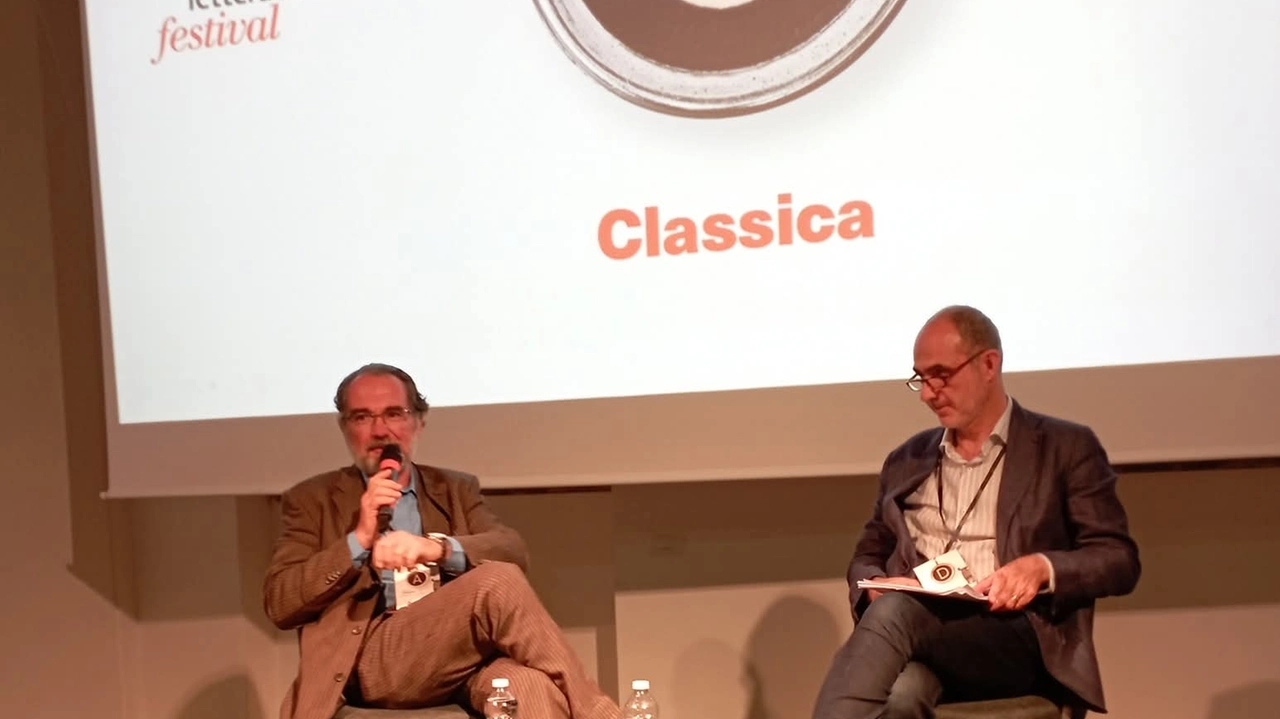Emanuele Stolfi, “Clues and investigations in Ancient Greece”, presentation in Fraternita


foolish
Arezzo, July 2, 2025 – On July 2 at 9:00 pm in the splendid setting of the Terrazza di Fraternita dei Laici in Piazza Grande, the book by Prof. Emanuele Stolfi, “Indizi e indagini in Grecia Antica” (Clues and investigations in Ancient Greece) will be presented, in collaboration with the Department of Law of the University of Siena.
The Author, introduced by the First Rector Pier Luigi Rossi, will discuss it with Francesco De Prizio and Tommaso Muiesan.
This initiative is part of a cultural program that the Magistrate of Fraternity and the First Rector will carry out during the summer on the Terrace of the Palace of Fraternity
We look forward to seeing you at 9:00 pm
Imagine a summer evening on the terrace of Fraternita in Piazza Grande talking about clues and investigations in a place that for decades was dedicated to this very activity, when the Court of Arezzo was housed inside the eighteenth-century palace. Tonight at 9 pm there is an evening dedicated to contemporary history: a journey to the very distant origins of reasoning based on signs, clues and conjectures, which however also become fundamental to understanding what has remained in today's criminal procedure, and how investigators still move now thanks to the development that these activities have had in more than two thousand years starting from ancient Greece. At the center of the Terrazza di Fraternita, the author Emanuele Stolfi, full professor at the Department of Law of the University of Siena, where he teaches "Roman foundations of European law", "Greek rights" and "Law and literature", and where in the past he directed the Doctorate in "European and transnational law". With the author of the book Clues and investigations in ancient Greece. Francesco De Prizio and Tommaso Muiesan will discuss judicial activities, historiography, and medicine. «In the Athens of the late 5th century BC, a new rationality bursts in – explains Stolfi – which, in the search for the 'true', combines or overlaps research conducted on signs, clues, and evidence. A logic that cannot provide certainties, but is expressed through conjectures and predictions; it proceeds through evaluations of adequacy, verisimilitude, and probability. From rhetorical theory and practice (especially in the judicial field) to philosophy and tragic poetry, from historiography to medicine, it is an entire culture that in the same decades experiments with and refines similar forms of intelligence, makes shifts, outlines models of investigation into the methods and foundations of scientific knowledge, destined to have a very long fortune».
La Nazione





